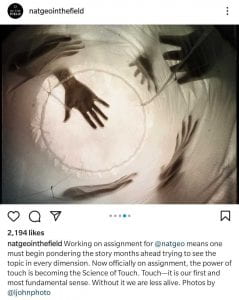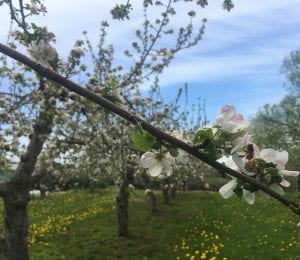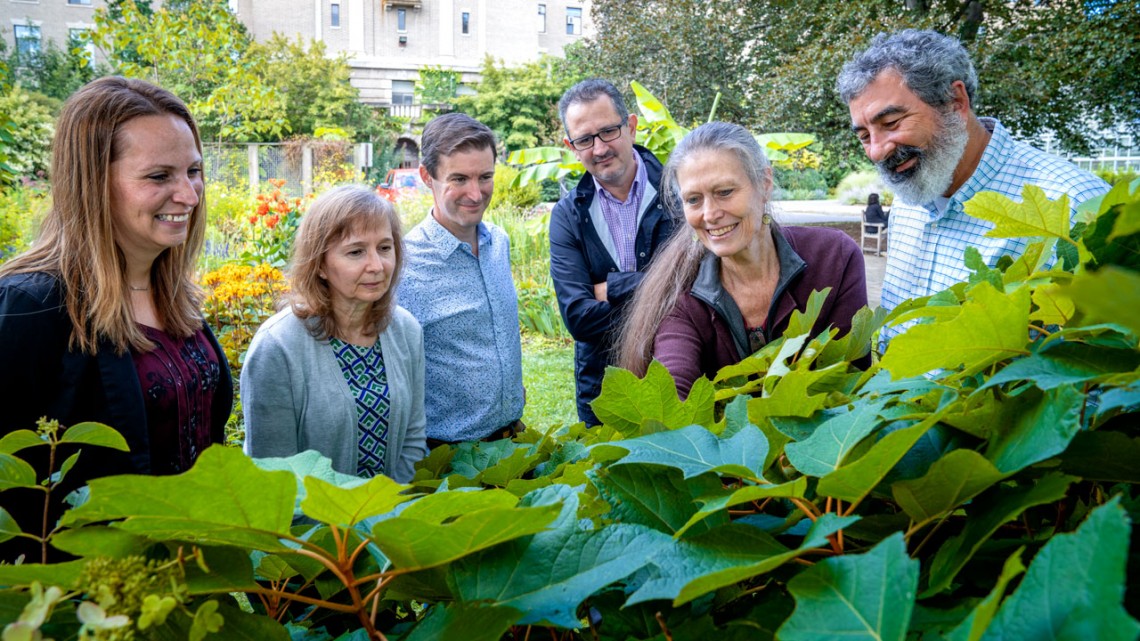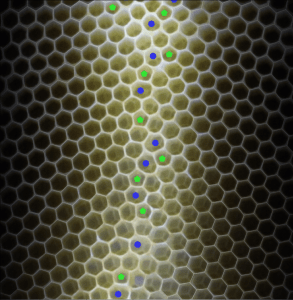National Geographic
21/11/17: National Geographic visited our lab to write an article about ShadowSense and the Martha Robot – and the visit made it to their Instagram page!

Research Excellence Award
21/11/10: Very honored to announce that Prof. Kirstin Petersen was awarded the Cornell College of Engineering Research Excellence Award – the most prestigious award that the CoE offers to researchers who have made outstanding contributions to their field and to the college.
SICB 2021
19/10/2021: Happy to announce that we will partake in the annual meeting of the Society of Integrative & Comparative Biology next year, presenting recent findings in two studies related to visual tracking of insect swarms and stigmergic coordination in digging termites!
Robotics panel
11/10/21: Please join us for the first annual CIDA symposium October 11-12th. The first item on the agenda is a panel moderated by Kirstin Petersen on Agricultural Robotics Around the World! Participation is free (online) with registration.

ICARA2022
30/9/21: Congrats to PhD student Haron Abdel-Raziq for getting his paper on Automated Monitoring of Pollinators With Agricultural Robots accepted to the 8th International Conference on Automation, Robotics and Applications!
Science Technology Center
09/09/2021: We’re extremely excited to announce that the Science Technology Center Center for Research on Programmable Plant Systems (CROPPS) launched today. This is a $25M collaborative venture awarded by the National Science Foundation to the University of Illinois, Urbana-Champaign (UIUC); the University of Arizona; and Cornell University.

PNAS
26/07/21: Very excited to announce that our paper on how “Imperfect comb construction reveals the architectural abilities of honeybees” was just published in the Proceedings of the National Academy of Sciences. The insights from this study not only benefits biology, but may serve as inspiration for future construction algorithms and robot collectives.

R:SS Pioneers
11/7/21: Join us at 5.25pm EST at the R:SS pioneers workshop panel for senior PhD students and Postdoctoral researchers.
RA-L / IROS 2021
30/06/21: Big congratulations to PhD student Steven Ceron, M.Eng. student Annie Kimmel (now at CMU), and Postdoc Alli Niles for getting their paper on Soft Robotic Oscillators with Strain-Based Coordination accepted to RA-Letters with presentation at IROS2021!

STEMNoire
18/05/21: Congratulations to Nialah Wilson for having her abstract on Designing Tactile Human-Drone Interactions for Movement Instruction, accepted for an oral presentation at the 2021 STEMNoire Inaugural Research and Holistic Wellness Conference!


